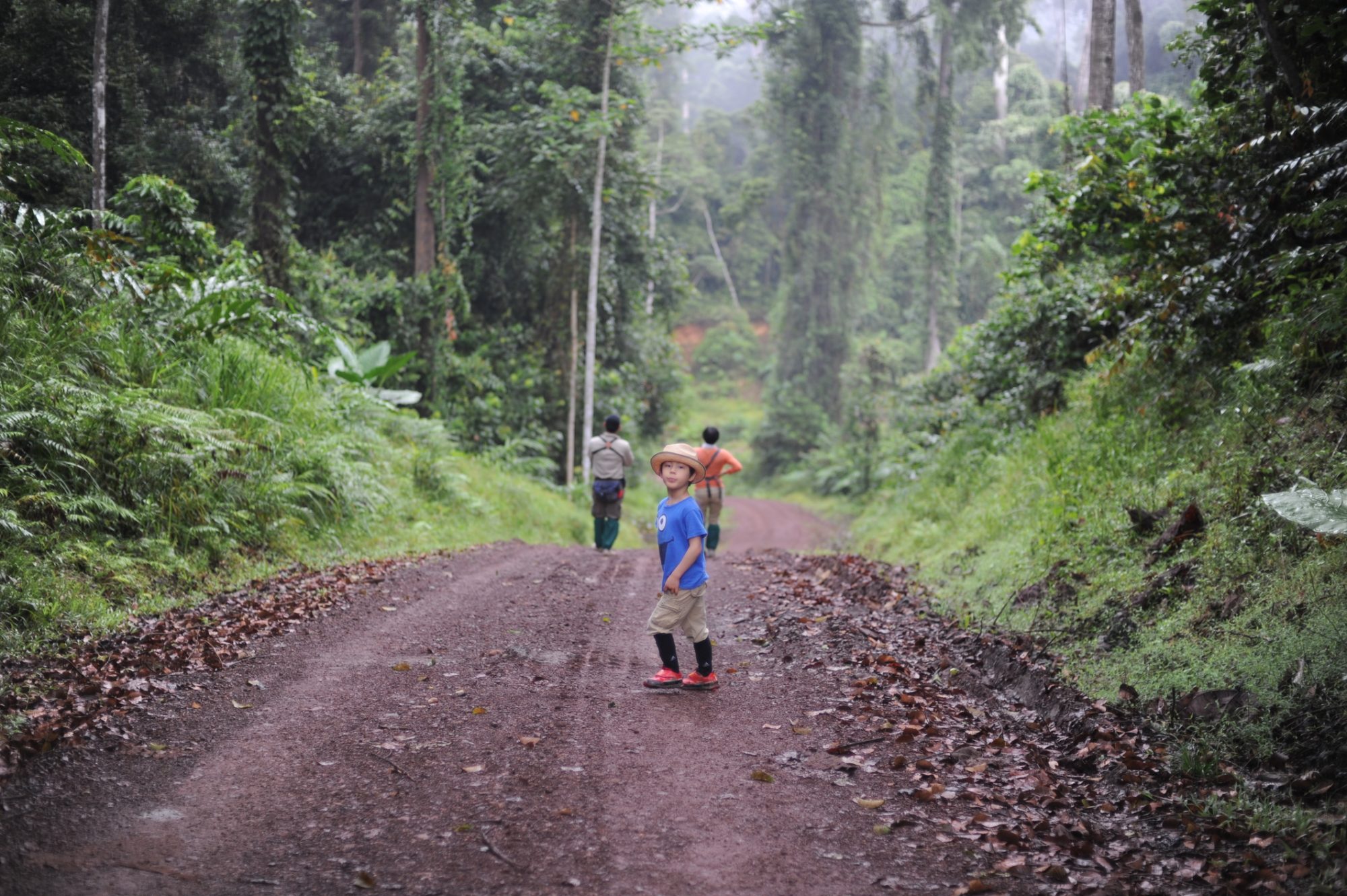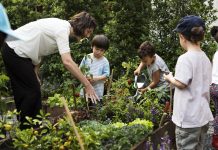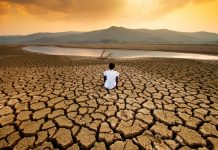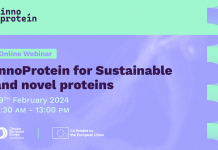Open Access Government interviews María Fernanda Ghiso, an expert in Youth Inclusion at the Rainforest Alliance, to highlight the role of young people in the environment
International Youth Day at the United Nations, falling on August 12th 2022, calls attention to the imperative action being taken by young people for the environment and other major world issues, drawing attention to a given set of cultural and legal issues surrounding youth.
Speaking on this issue is María Fernanda Ghiso at the Rainforest Alliance, who argues that rural youth are vital to healthy communities, but are increasingly struggling to live sustainably when being affected both economically and environmentally in a climate-changing world.
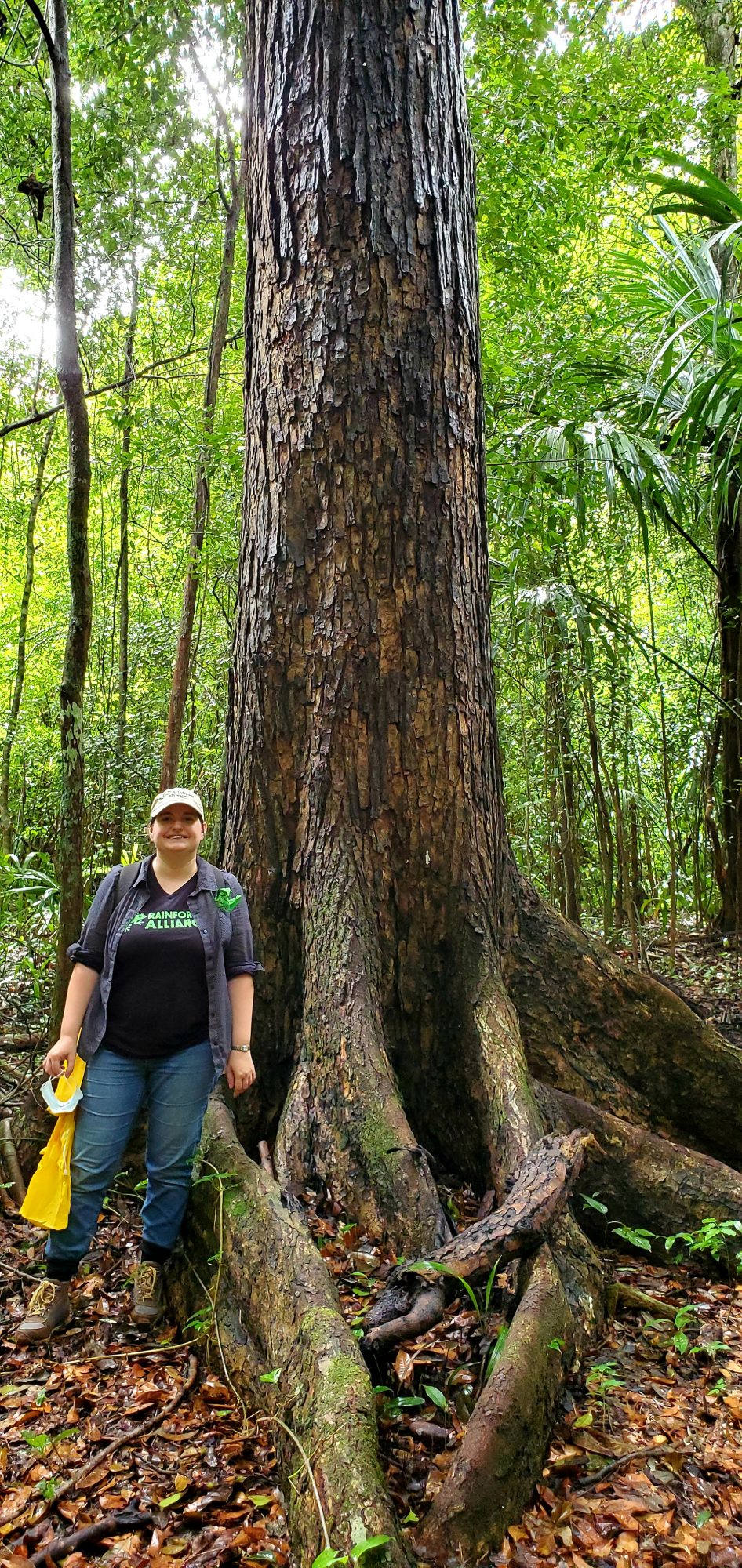
“Far too often those invited to the table are wealthier, urban youth, meaning that more marginalised young people from rural communities often miss out”
What challenges do young people face in rural communities today?
Rural youth have a pivotal role to play in building thriving communities and healthy landscapes. Yet, they face countless barriers to their ability to take up that role. International Youth Day today serves as a powerful reminder that this needs to change.
The stats tell a startling story. Of the 1.3 billion 15 to 24-year-olds in the world, around 1 billion live in developing economies, with about 70% living in rural areas. Yet, one in five young people is ‘Not in Education, Employment, or Training’ – a status called NEET. This damages their long-term prospects, ultimately undermining the social and economic development of their countries.
The impact of worsening climate change and the economic fallout of the pandemic is only making things worse
Agriculture and forestry are essential to rural livelihoods, but the reality is that many young people in these sectors struggle to earn decent incomes in decent conditions. At the same time, the impact of worsening climate change and the economic fallout of the pandemic is only making things worse.
With farming considered unprofitable by young people, rural to urban migration is on the rise, leaving behind an ageing farmer population. Meanwhile, world food production needs to double by 2050 to feed the world’s growing population. Who is going to grow all that food?
How can organisations help young people fulfil their potential by tackling some of these issues?
Involving youth in a meaningful way is not just a tick box activity; it requires investment and engagement. At the Rainforest Alliance, we know proven practices exist.
First, we need local governments and academic institutions to ensure equal access to high-quality education, capacity-building, and training that reflects the needs of rural youth and local labour markets. For example, simply including sustainable agriculture and natural resource management in school curricula can make a huge difference in creating skills needed to succeed in these sectors.
We need local governments and academic institutions to ensure equal access to high-quality education
Second, the private sector can do more to provide incentives for young people to engage in agriculture and forestry, through internships, apprenticeships, and training programmes. This will help prepare them for leading and managing rural businesses, while building key skills such as communication, teamwork and network-building, in addition to field-specific technical skills.
Third, we need interventions that improve access to finance for young people pursuing careers in agriculture and forestry. Businesses can also play an important role by addressing the gap in living income and living wages in value chains.
With young women facing even more barriers than young men, it’s critical that we consider gender dimensions in all youth engagement and interventions – for example, restrictions on women’s education and land rights.
How can governments and business leaders bring young people into the rooms where strategies and policies are developed?
This part is crucial – we must do more to ensure that young people have a seat at the table during policy discussions.
Businesses and local governments have a clear responsibility to extend the invite to young people within their organisation or local community and to listen to and prioritise their views and concerns, especially when it comes to policies that will impact youth.
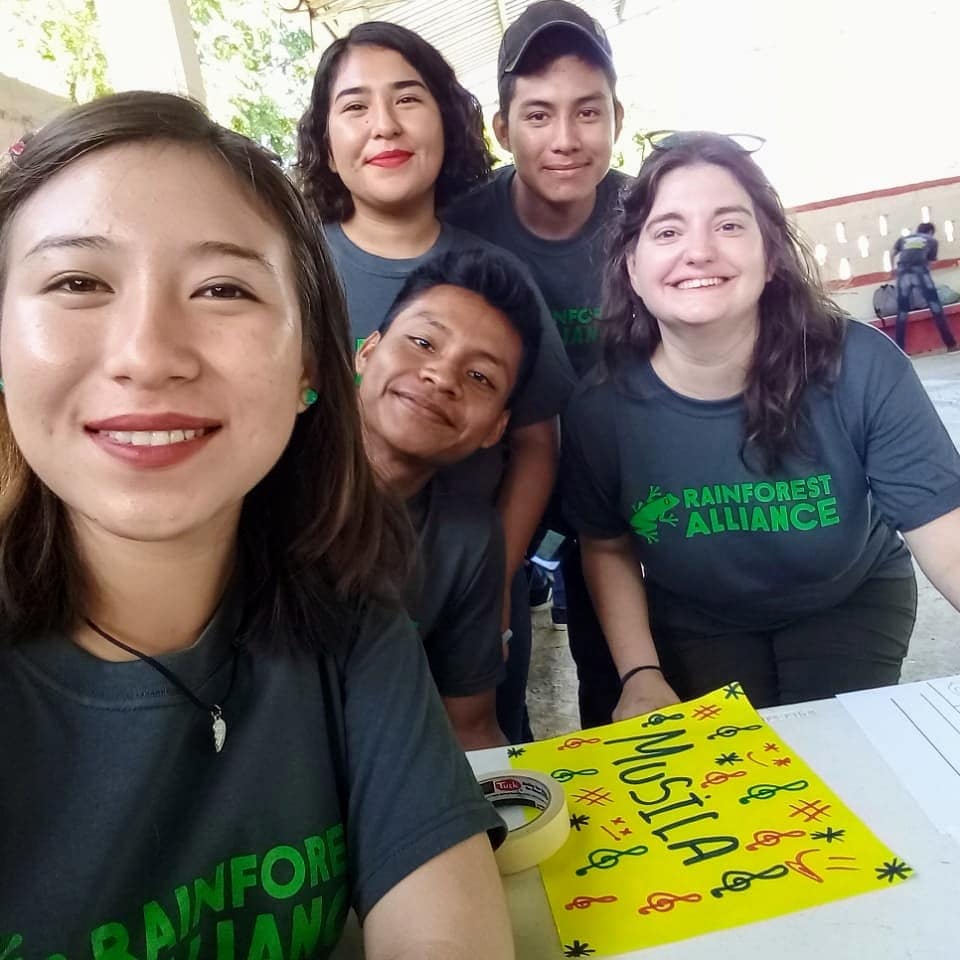
It’s not just about getting numbers in the room either – diversity is important in ensuring equal representation. Far too often those invited to the table are wealthier, urban youth, meaning that more marginalised young people from rural communities often miss out.
Facilitating open dialogue between generations can be mutually beneficial
Facilitating open dialogue between generations can be mutually beneficial: young people can learn about the progress made by generations before them, while older generations can better understand the barriers facing younger people and can collaborate to find impactful solutions.


